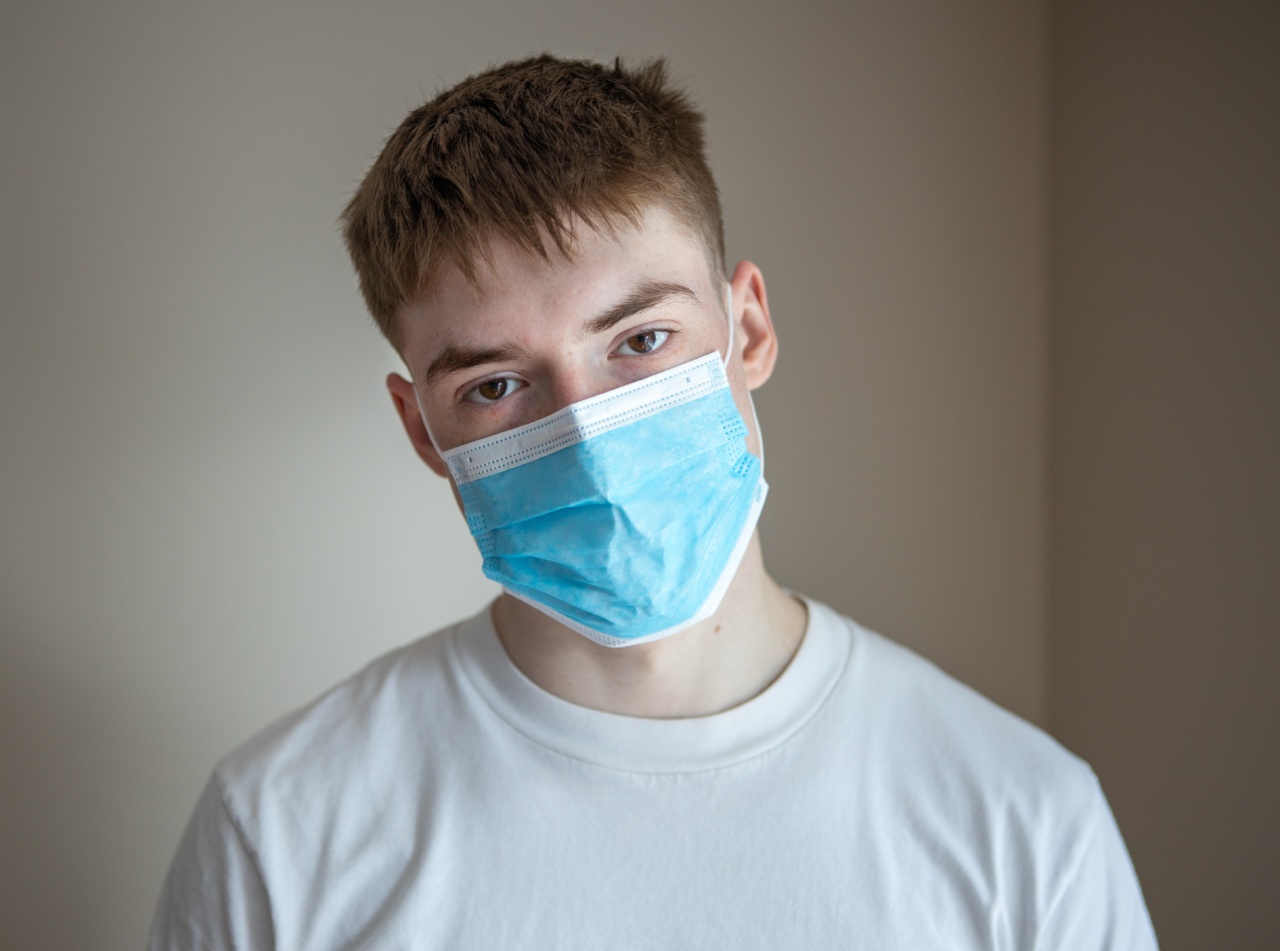Menopause is a natural process that affects women in their late 40s or early 50s. However, for some women, menopause can occur much earlier.
Premature menopause, also called early menopause, is a condition where the menstrual cycle stops before the age of 40. Premature menopause can be caused by several factors, including genetic, autoimmune, and lifestyle factors. Early menopause can cause infertility, mood swings, and other health issues.
In this article, we will examine ten factors that can increase the risk of menopause before 40.
Factor 1: Genetics
One of the most significant factors that can increase the risk of early menopause is genetics. A woman’s risk of early menopause is significantly higher if her mother or sister had early menopause.
The reason behind this is that the number of eggs in a woman’s ovaries is determined genetically, and the quantity of eggs decreases as a woman ages, leading to menopause.
Factor 2: Autoimmune disorders
Autoimmune disorders can also increase the risk of early menopause. Autoimmune disorders such as lupus, thyroid disease, and rheumatoid arthritis can cause the immune system to attack the ovaries, leading to early menopause.
Women with autoimmune disorders should be aware of the symptoms of early menopause and speak with their doctor if they experience any symptoms.
Factor 3: Cancer treatments
Cancer treatments, such as chemotherapy and radiation therapy, can damage the ovaries and cause early menopause. Women who undergo cancer treatment should discuss their options for preserving fertility with their doctor before undergoing treatment.
Factor 4: Smoking
Smoking has been linked to early menopause. Women who smoke have been shown to have a higher risk of early menopause than non-smokers. The chemicals in cigarettes can damage the ovaries and cause early menopause.
Women who smoke should quit smoking to reduce their risk of early menopause and other health issues.
Factor 5: Poor nutrition
Poor nutrition can also increase the risk of early menopause. Women who do not consume enough vitamins and minerals, such as calcium, vitamin D, and antioxidants, may experience early menopause.
A well-balanced diet is essential for maintaining the health of the ovaries and preventing early menopause.
Factor 6: Medical procedures
Medical procedures such as hysterectomy and oophorectomy (removal of ovaries) can cause early menopause. Women who undergo these procedures before the age of 40 will experience early menopause.
Women who are considering these procedures should discuss the risks with their doctor.
Factor 7: Chemotherapy exposure
Chemicals exposure, such as hairdressers exposed to hair dye chemicals and agricultural workers exposed to pesticides, have been linked to early menopause. The chemicals can damage the ovaries and cause early menopause.
Women who work in these fields should take protective measures to reduce their exposure to chemicals and limit their risk of early menopause.
Factor 8: Stress
Stress can also contribute to early menopause. Chronic stress can affect hormone levels and lead to early menopause.
Women who are experiencing high levels of stress should consider stress-reduction techniques such as yoga, meditation, and exercise to reduce their risk of early menopause.
Factor 9: Reproductive disorders
Reproductive disorders, such as polycystic ovary syndrome (PCOS), can lead to early menopause. Women with PCOS often experience irregular menstrual cycles and may ovulate less frequently than women without the condition. This can lead to early menopause.
Women with reproductive disorders should consult with their doctor if they experience any symptoms of early menopause.
Factor 10: Body weight
Body weight can also affect the risk of early menopause. Women who are underweight or overweight may experience early menopause. Obesity can alter hormone levels in the body, leading to early menopause.
Women should maintain a healthy weight and exercise regularly to reduce their risk of early menopause and other health issues.
Conclusion
Menopause is a natural process that usually occurs in a woman’s late 40s or early 50s. However, some women may experience early menopause before the age of 40. Premature menopause can cause infertility, mood swings, and other health issues.
Genetic factors, autoimmune disorders, cancer treatments, smoking, poor nutrition, medical procedures, chemical exposure, stress, reproductive disorders, and body weight can all increase the risk of early menopause. Women who are at risk of early menopause should discuss their options with their doctor and implement lifestyle changes to reduce their risk.
























